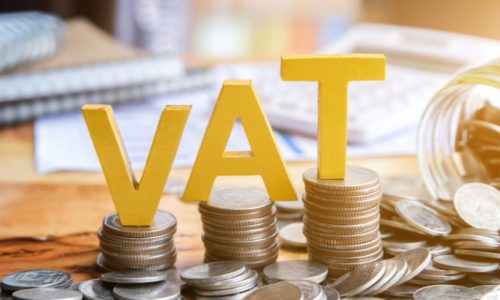A number of problems have caused a number of foreign PMA to leave Indonesia, ranging from weak laws, lack of incentives and complicated bureaucracy such as the never-ending Oil and Gas Draft Bill revision, and lack of interesting incentives.
This problem is the result of the complexity of the Revision of the Oil and Gas Draft Bill and the need to complete the revision to improve the upstream oil and gas sector, which currently has no progress.
According to Moshe Rizal, Chairman of the Association of Oil and Gas Companies (Asosiasi Perusahaan Minyak dan Gas – Aspermigas) Investment Committee, ideally, the Oil and Gas Draft Bill should have been completed and entered into force five years ago. Rizal argued that if discussions on the draft bill just started now or next year, it will be already too late.
“If the Oil and Gas Law will be revised later, there has to be subsequent regulations, how long will it take to prepare the regulations? For example, Presidential Regulations [Perpres], Ministerial Regulations [Permen],” said Rizal on Monday, May 8, 2023.
Apart from that, the provisions contained in the Oil and Gas Draft Bill is also questionable whether it is convincing and attractive enough for investors because the upstream oil and gas industry has undergone significant changes. Rizal suggested that the current Indonesian government should be more flexible in dealing with regulations.
Reasons for investor’s leaving
With current changes in investment activities in the upstream oil and gas sector, foreign investors will have to choose carefully which country to invest that provides long-term business certainty.
Rizal asserted that this is a difficult period for Indonesia in the upstream oil and gas industry because foreign direct investment in Asia is considerably small. Oil and gas companies are more focused on large discoveries such as those in Turkish waters.
Consequently, competition to attract foreign investors between Indonesia and other countries is considered quite fierce. “Meanwhile, for Chevron and Exxon, if it weren’t for their relatively large oil and gas assets and potential here, they would be better off focusing on assets in their own country,” said Rizal.
Furthermore, foreign investors, especially in the oil and gas sector, perceive the Indonesian government a attempting to nationalize its upstream oil and gas industry. “That’s one of the things that makes investors doubt Indonesia,” Rizal added.
Rizal argued that the problem concerning the oil and gas draft bill, nationalization issue, and global competition are enough reasons for foreign investors to leave Indonesia. “We can’t force them to continue here. All we can do is provide certainty, which is what they have been waiting for,” Rizal said.








